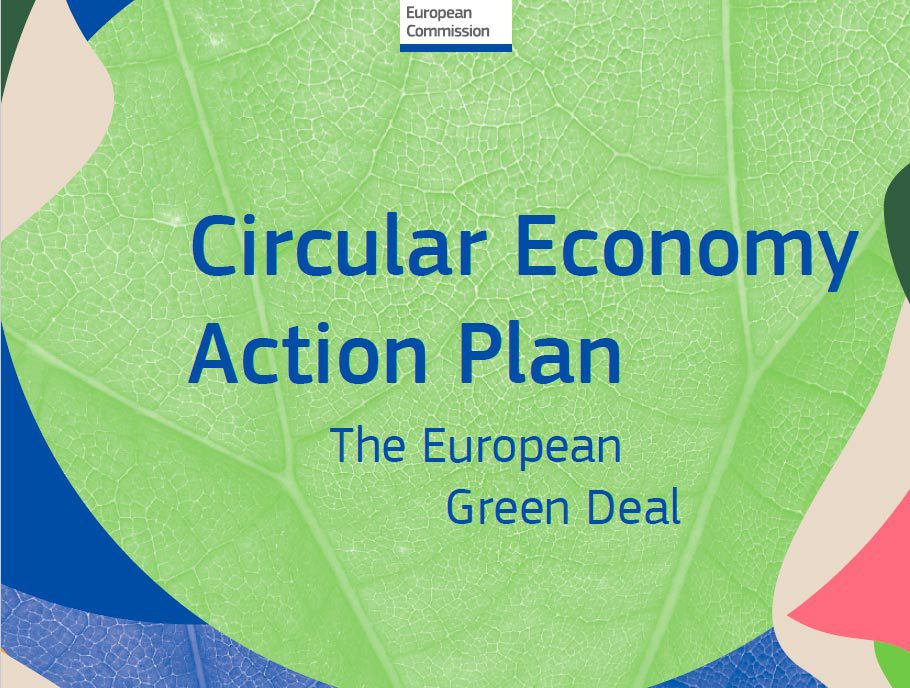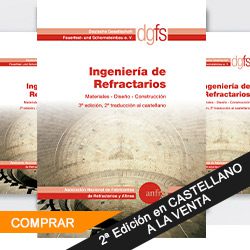
There is only one planet Earth, yet by 2050, the world will be consuming as if there were three1. Global consumption if materials such as biomass, fossil fuels, metals and minerals is expected to double in the next forty years2, while annual waste generation is projected to increase by 70% by 20503.
As half of total greenhouse gas emissions and more than 90% of biodiversity loss and water stress come from resource extraction and processing, the European Green Deal4 launched a concerted strategy for a climate-neutral, resource-efficient and competitive economy. Scaling up the circular economy from front-runners to the mainstream economic players will make a decisive contribution to achieving climate neutrality by 2050 and decoupling economic growth from resource use, while ensuring the long-term competitiveness of the EU and leaving no one behind.
To fulfil this ambition, the EU needs to accelerate the transition towards a regenerative growth model that gives back to the planet more than it takes, advance towards keeping its resource consumption within planetary boundaries, and therefore strive to reduce its consumption footprint and double its circular material use rate in the coming decade.
For business, working together on creating the framework for sustainable products will provide new opportunities in the EU and beyond.
This progressive, yet irreversible transition to a sustainable economic system is an indispensable part of the new EU industrial strategy. A recent study estimates that applying circular economy principles across the EU economy has the potential to increase EU GDP by an additional 0.5% by 2030 creating around 700 000 new jobs5. There is a clear business case for individual companies too: since manufacturing firms in the EU spend on average about 40% on materials, closed loop models can increase their profitability, while sheltering them from resource price fluctuations.
Building on the single market and the potential of digital technologies, the circular economy can strengthen the EU’s industrial base and foster business creation and entrepreneurship among SMEs. Innovative models based on a closer relationship with customers, mass customisation, the sharing and collaborative economy, and powered by
digital technologies, such as the internet of things, big data, blockchain and artificial intelligence, will not only
accelerate circularity but also the dematerialisation of our economy and make Europe less dependent on
primary materials.
For citizens, the circular economy will provide high-quality, functional and safe products, which are efficient and affordable, last longer and are designed for reuse, repair, and high-quality recycling.
A whole new range of sustainable services, product-as-service models and digital solutions will bring about a better quality of life, innovative jobs and upgraded knowledge and skills.
This Circular Economy Action Plan provides a future-oriented agenda for achieving a cleaner and more competitive Europe in co-creation with economic actors, consumers, citizens and civil society organisations. It aims at accelerating the transformational change required by the European Green Deal, while building on circular economy actions implemented since 20156. This plan will ensure that the regulatory framework is streamlined and made fit
for a sustainable future, that the new opportunities from the transition are maximised, while minimising burdens on people and businesses.
The plan presents a set of interrelated initiatives to establish a strong and coherent product policy framework that will make sustainable products, services and business models the norm and transform consumption patterns so that no
waste is produced in the first place. This product policy framework will be progressively rolled out, while key product value chains will be addressed as a matter of priority. Further measures will be put in place to reduce waste and ensure that the EU has a well-functioning internal market for high quality secondary raw materials. The capacity of
the EU to take responsibility for its waste will be also strengthened.
Europe will not achieve transformative change by acting alone. The EU will continue to lead the way to a circular economy at the global level7 and use its influence, expertise and financial resources to implement the 2030 Sustainable Development Goals. This plan aims also at ensuring that the circular economy works for people, regions and cities, fully contributes to climate neutrality and harnesses the potential of research, innovation and digitalisation.
It foresees the further development of a sound monitoring framework contributing to measuring well-being beyond GD.



